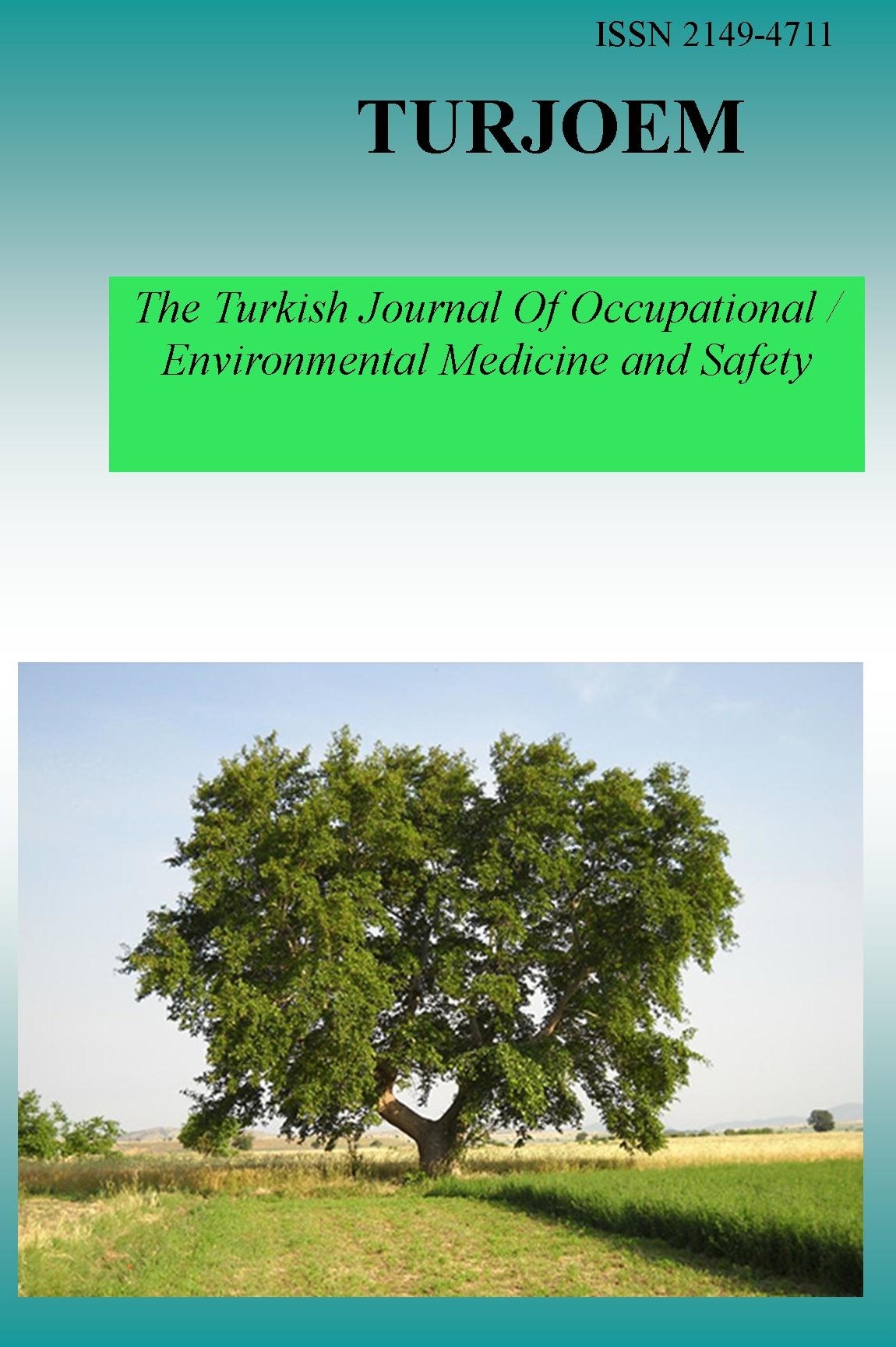Health effects of the shift work system
Health effects of the shift work system
Health effects of the shift work system,
___
- Didem Ata Yüzügüllü, Necdet Aytaç, Muhsin Akbaba Cukurova University Faculty of Medicine, Department of Public Health, Adana
- ISSN: 2149-4711
- Başlangıç: 2015
- Yayıncı: Engin TUTKUN
An overview of occupational health and safety and occupational diseases
Musculoskeletal Ionizing Radiation Exposure Related Health Results in Nurses: Four Case Reports
Meşide GÜNDÜZÖZ, Canan DEMİR, Nejdiye MAZICAN, Servet BİRGİN İRİTAŞ, Lütfiye TUTKUN, Vugar Ali TÜRKSOY, Ömer HINÇ YILMAZ
Occupational biotoxicological emergencies of medical and related sectors’ workers
Hakan DEMİRHİNDİ, Muhsin AKBABA
Industrial toxic exposures and cardiotoxicity
Sevim Sibel Demir, Nazan Akçalı, Muhsin Akbaba, Hayri Sarı
Tahsin Gökhan TELATAR, Hilal ÖZCEBE
Murat BÜYÜKŞEKERCİ, Ceylan BAL, Cemil NURAL, Ömer HINÇ YILMAZ
FAST DETECTION OF ACETYLSALICYLIC ACID BY LIQUID CHROMATOGRAPHY TANDEM MASS SPECTROMETRY(LC-MSMS)
Sedat ABUSOGLU, Ali UNLU, Abdullah SİVRİKAYA
Congenital anomalies that are dependent on environmental pollution
